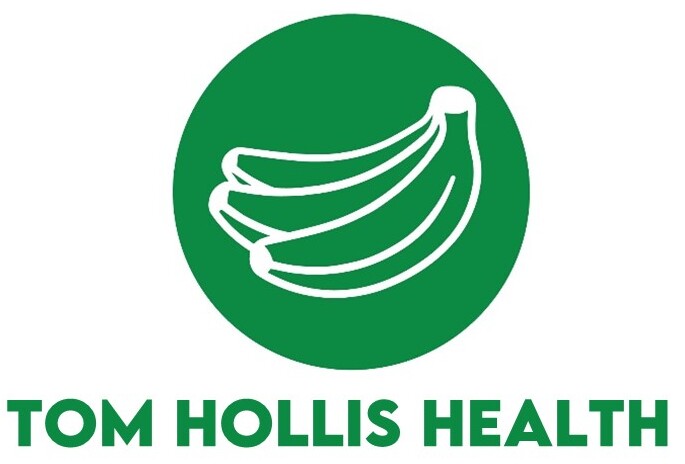Last week I introduced the weighty topic of mental health, and started to consider the important part that nutrition has to play. This week I’m going to look a little closer at vitamins specifically, and their role in mental health (apologies in advance for the unavoidably scientific tone).
Let’s first consider some of the water soluble vitamins:
Deficiency of vitamin B1 (thiamine) can result in Wernicke-Korsakoff syndrome, a condition that is similar to dementia, and associated with memory loss, confusion, personality changes, and above all, brain damage. Those with very heavy alcohol use are at particular risk.
Vitamins B2 (riboflavin), B6 (pyridoxine), B9 (folic acid) and B12 (cobalamin) are all directly involved in the functioning of the methylation cycle. This is a complex area, but one that can be easily simplified: if the methylation cycle is adversely affected (which can result from a deficiency of any of the above four vitamins), a molecule called homocysteine is not recycled. This in turn leads to a shortage of neurotransmitters (messenger molecules for the nervous system), and thus a chemical imbalance. The upshot here can be depression and reduced mental health.
Vitamin C deficiency has been linked with fatigue, perhaps by virtue of its established role in boosting the absorption of iron, and therefore preventing anaemia. Fatigue certainly influences mental health, albeit often in a temporary fashion. Also, vitamin C is needed for the production of the well known neurotransmitter, serotonin, and as an antioxidant itself, vitamin C may also have a more chronic role to play in the health of brain tissue.
The role of the fat soluble vitamins in brain function and mental health is less well understood, but is nevertheless a growing area. As I have discussed in a previous post, vitamin D is being linked with a huge range of health outcomes reaching far beyond its classical role in bone health – and mental health is no exception. There is a growing body of evidence linking vitamin D to brain development and function, with vitamin D receptors having been seen in various areas of the brain that themselves are thought to be linked with the onset of depression.
Vitamin E is another important antioxidant that may help to protect the integrity of the brain tissue, particularly through preventing membrane damage. Some studies have also suggested that low levels of plasma vitamin E are found in depressed patients, although the causation of this is unclear.
This brief rundown already gives a clear indication that vitamins have a major influence on mental health. Of course, I would always advocate trying to obtain all of your vitamins from the diet, but a high quality micronutrient supplement might also help fill the gaps, if your diet comes up short.
Next week, I will continue (and conclude) this theme, by looking at the role of minerals and other dietary components in mental health.




0 Comments